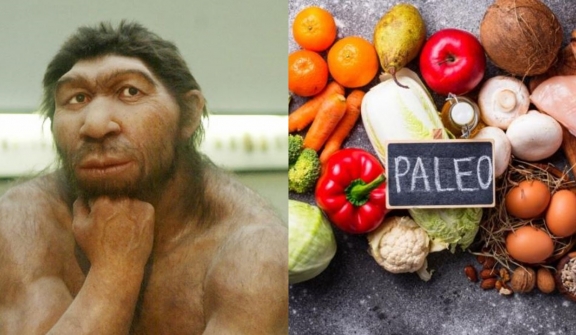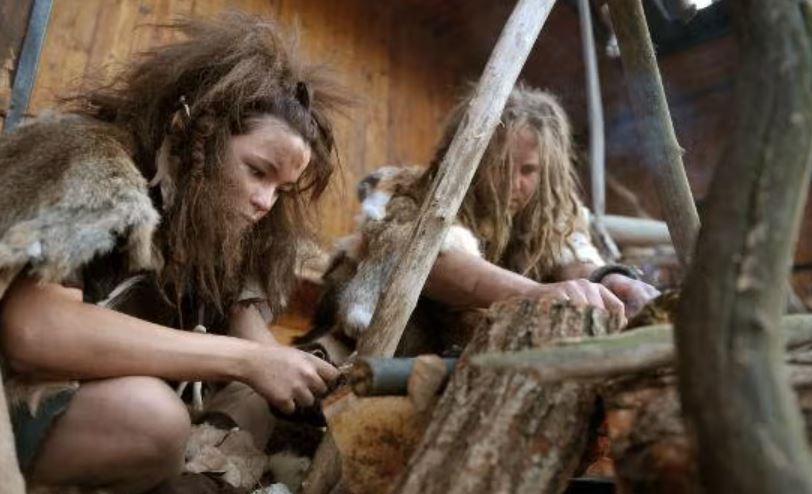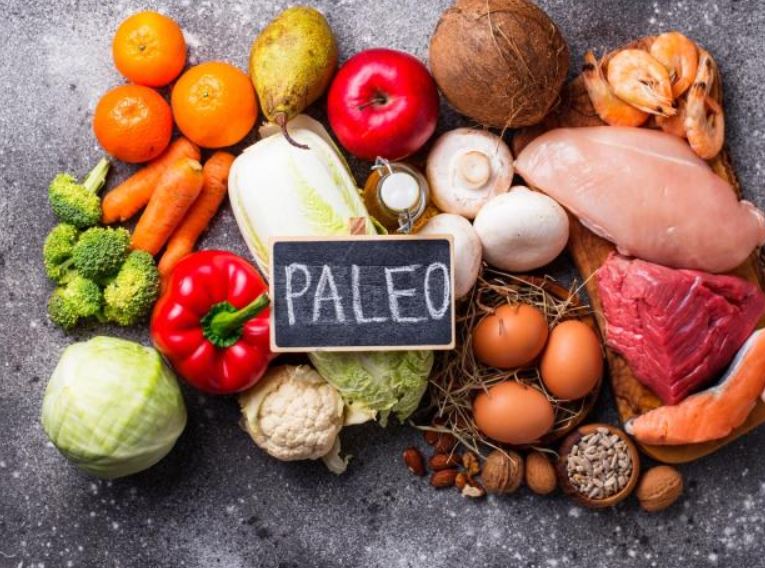
The study was published in Nature Ecology & Evolution Journal, revealing cavemen 'may have been vegan'

The new study reveals that cavemen were mostly vegan, challenging our understanding of early human diets.
If you previously thought that cavemen were primarily carnivores, think again. A groundbreaking new study suggests that they were mostly vegan, overturning our preconceived notions about their diet.
The Paleo diet, which was designed to mimic what our ancestors ate until 2000 BC, has been largely associated with a balanced diet of meats, fish, fruits, and vegetables.

However, this study suggests that Stone Age people may have actually followed a mostly vegan diet.
The study reveals that plants could have served as a substitute for fish or meat in the meals of cavemen.
The study analysed the chemical signatures of a Paleolithic group, the Iberomaurusians.
The research team examined the nitrogen and zinc isotopes in teeth enamel and collagen, which would indicate meat consumption. Surprisingly, they found that plants could have been the primary food source instead of fish or meat.

Lead author Zineb Moubtahij stated, "Our analysis showed that these hunter-gatherer groups included an important amount of plant matter, wild plants to their diet, which changed our understanding of the diet of pre-agricultural populations."
The researchers also discovered an abundance of cavities in remains, showing a high consumption of 'fermentable starchy plants'.
Co-author Klervia Jaouen noted that a 'high proportion of plants in the diet of a pre-agricultural population' was unusual, but their findings were only specific to this one group.

This is the first time evidence has been found using isotope techniques that show a 'significant plant-based component in a Palaeolithic diet'.
Moubtahij concluded, "The study's major conclusions clearly show that the diet of these hunter-gatherers included a significant proportion of plants belonging to Mediterranean species, predating the advent of agriculture in the region by several millennia. Archaeobotanical remains found at the site, such as acorns, pine nuts, and wild pulses, further support this notion."

This study not only challenges our understanding of the Paleo diet but also offers a fresh perspective on the dietary habits of our ancestors.




